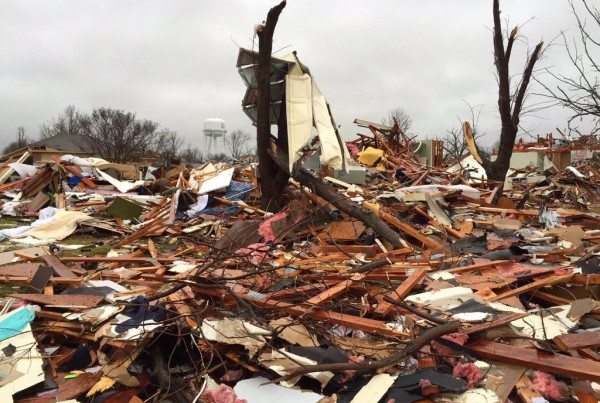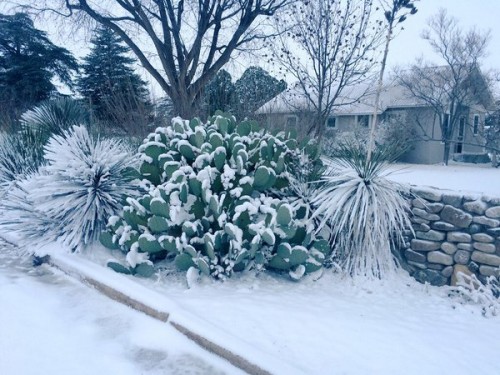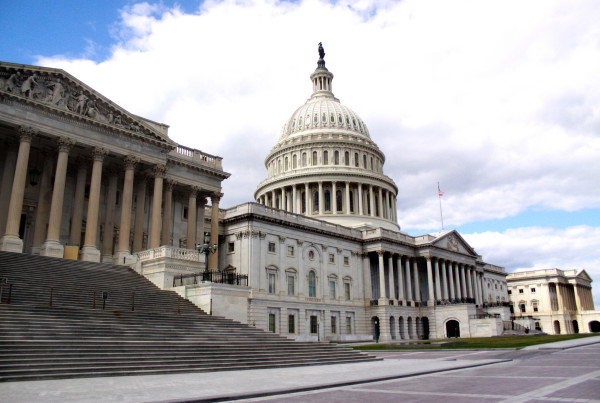If you plop down on the couch and turn on your TV, you might notice there’s a whole lot of Texas showing up on the screen. Not just in commercials, but in bona fide TV dramas.
This year, the History Channel debuted their miniseries, “Texas Rising,” loosely retelling the story of Texas independence. “The West Texas Investors Club” kicking up ratings for CNBC. AMC renewed their show “Halt and Catch Fire,” chronicling a startup tech company in Dallas. AMC also previewed “Preacher” about a Texas clergyman. Plus a remake of “Urban Cowboy” has already started filming in Austin.
So why is America so obsessed about telling Texas stories?
Jason Mellard, cultural historian at Texas State University, says Texas has stories as big as the state, which people continue to find compelling.
“In my studies of the 1970s and 1980s, I’m fascinated with looking at how Texas resonates with a particular cultural moment,” he says. “Seeing Texans as somehow more able, or go-getters, is an older kind of stereotype in American life. That’s one way of looking at it, that there’s something in the cultural moment now that leads to Texas being popular.”
Mellard says this Texas trend isn’t new.
“If you look around 2010 or so, it seemed like there were a wave of Texas television programs,” he says. “Fox, long before they did ‘Urban Cowboy’ did a big push for a show called ‘Lone Star‘ that didn’t quite catch fire. I think there were more commercials than episodes.”
If you look at the 2008 economic crash, Mellard says, Texas wasn’t hit as hard as other states.
“If you look to that moment and that economic crash, it might suggest that in the moment of the Texas miracle, to the extent where maybe that was true, maybe it wasn’t tacked to the price of oil, but a sense that something might be possible in Texas that wasn’t possible in the U.S. as a whole,” Mellard says.”
But there’s another way of looking at it, too, he says.
“If you really line up all of these television, cinematic, music productions, it’s not so much that Texas is something that Americans are interested in in waves or cyclically,” he says. “But it is just a perennial symbol, in a way that artists use American regions to sell a certain slice of what it means to be in this country.”
Listen to the full interview in the audio player above.















